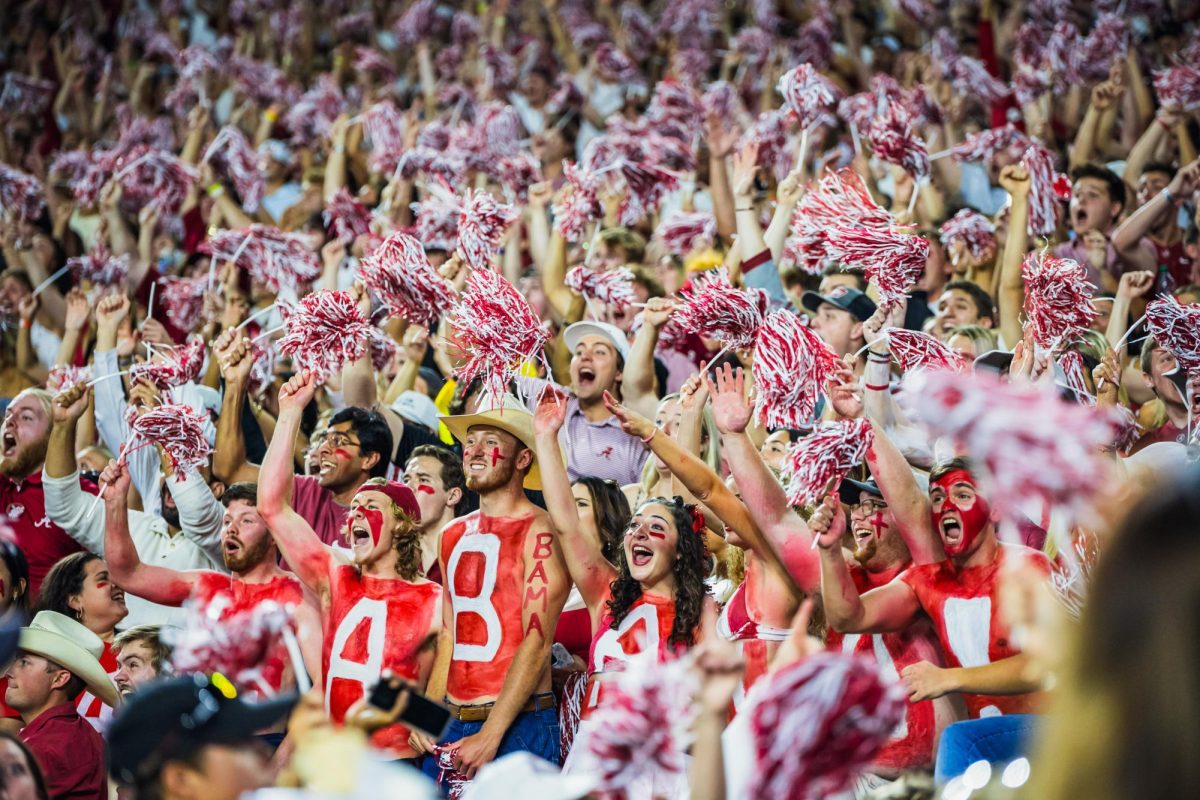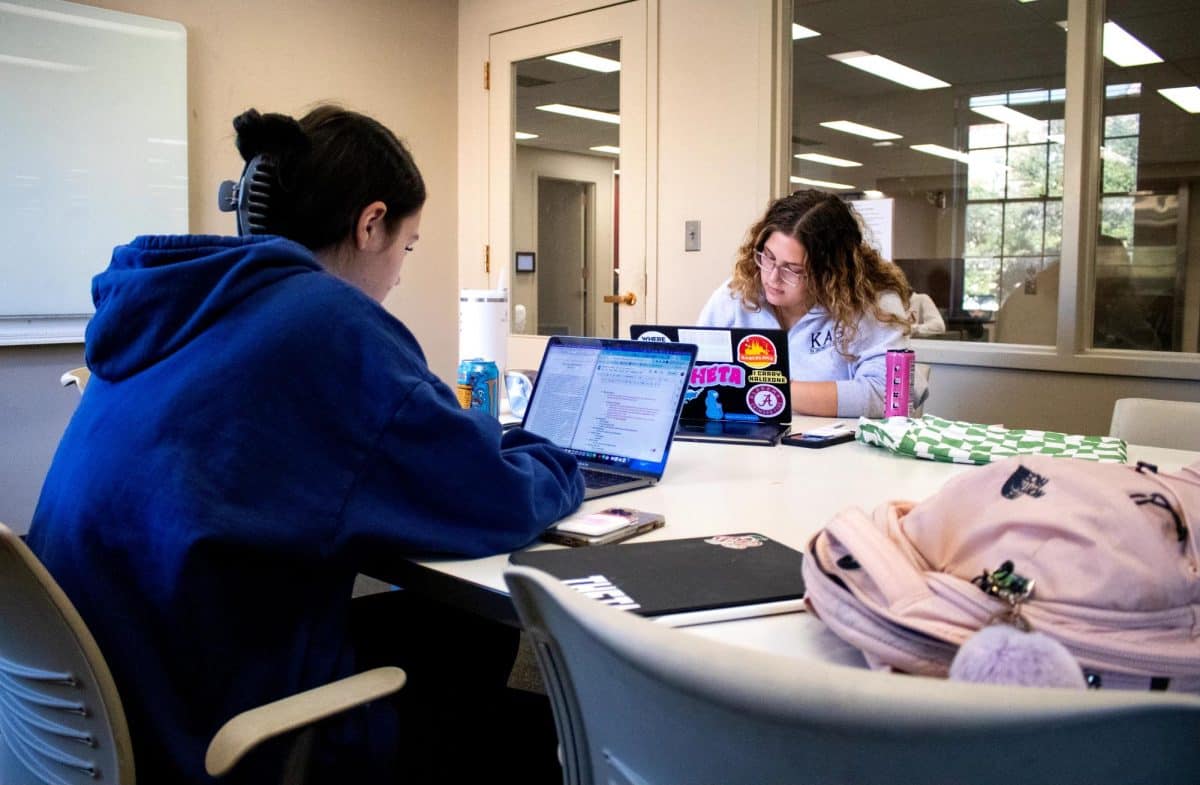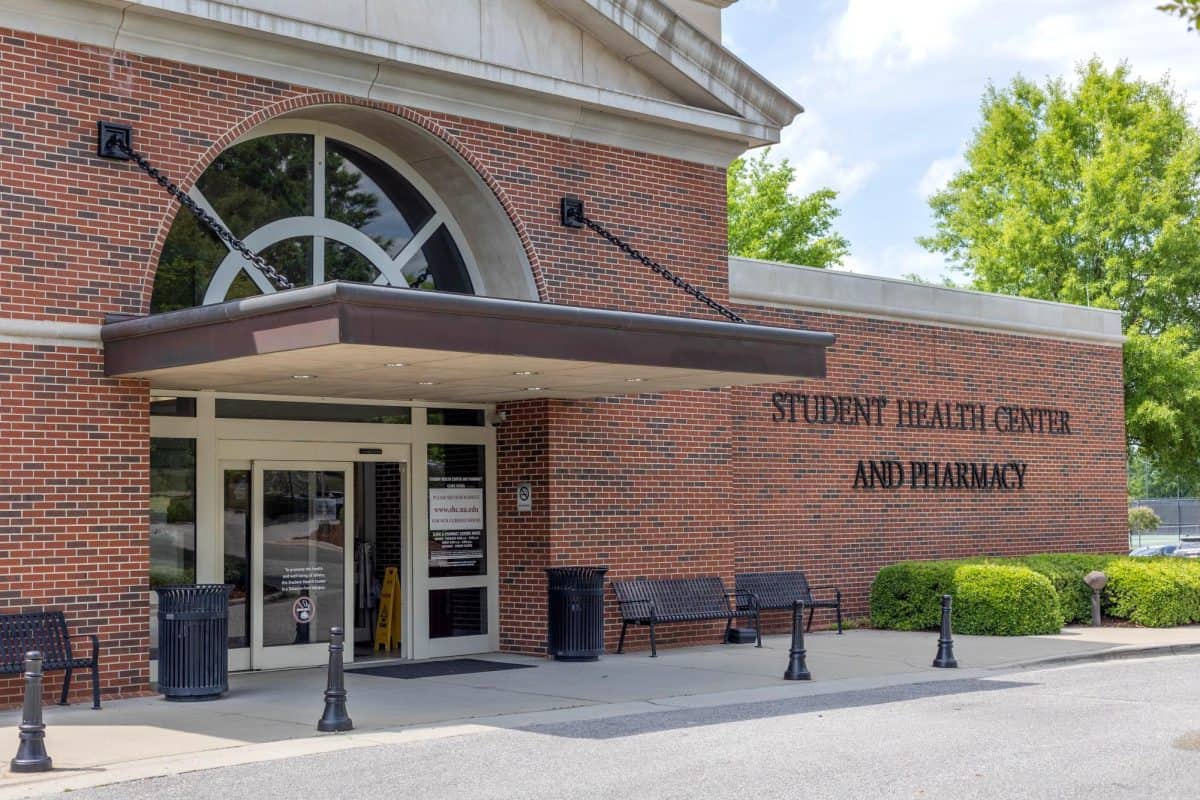When asked to write a senior farewell column, the first thing I did was look up my expectations. Sifting through the musings of student leaders from years past, I found that these reflections came and went without much reaction or apparent readership. That makes me feel loads better since I’m no campus leader or Crimson White insider.
I’m a student who played our university like a game – or, to use perhaps a better analogy, like a sandbox. On this playground there are winners and losers, allies and enemies. As big kids in this sandbox we call college, we vie for dominance and seek recognition. We throw tantrums when we don’t get what we want. Like William Golding’s “Lord of the Flies,” it all feels so real, so scary, until it’s over.
See, much of what we experience in college isn’t “real.” Certainly the emotions are authentic, and we often see real injustice and even some social good. But it will all be over when we grab that diploma and move on to bigger and better things. The memories may last, but little else will matter.
SGA isn’t real politics, no matter how much we cheat, fuss or scheme. Student organizations typically don’t foster real leadership, even if we hold conceited titles. After your first job, you won’t even put this stuff on your résumé.
These are, of course, our formative years. Student government shapes tomorrow’s leaders and student organizational structures translate to jobs after college. But honestly, who cares?
I spent my past four years trying to make folks inside and outside the university care. From “town and gown” efforts to a pleasant march that brought national publicity, I worked with others to turn sandboxes into solutions for the problems I thought needed to be addressed.
But mostly what I did was add more sand for students like me to play in. Like giddy children, we built temporary castles and beat our chests. More sand meant more organizations, titles and awards. It was what we deserved, after all, for fighting against the bullies of the Machine, Greek segregation or a corrupt SGA.
Our campus is not alone in this charade. Indeed, this is often how the “real world” works. Rather than work across lines of difference or leverage passion and advocacy into mutual accountability, we tend to capitalize on bad situations. We turn opportunities into sand castles.
The University of Alabama must do better.
This campus has the capacity to change the world. Seriously. Never again will we have access to such resources to better the lives of those around us. Never again will we have such a network of capable and passionate individuals. We’ll soon transition into the professional world where pragmatism is regarded all else. Now is the time for idealism.
People say that change takes time. Having been a small part of the efforts of last semester, I no longer think that’s true. Change is a quick, fleeting moment – when we lose our footing in the sand we thought we could trust. It’s the time between change that seems arduous, even insurmountable. If UA students decided to calibrate our community – rather than get lost in the sand – the change our campus needs would come more quickly.
A campus community founded on authentic dialogue and a long-term commitment to the issues that matter will mean fewer breakthroughs. And that means fewer accolades and less recognition in our sandbox of self-congratulations. Real change should come at a healthy pace and not be reliant on national coverage or a big story after decades of buildup. And yes, that may mean no New York Times coverage of a protest or Pulitzer Prize nomination for a major story.
But it will also mean sustainable, transformative change that might transcend this sandbox we call college.
Ross Green was an organizer of the UA Stands march and the founding director of SODEL.








